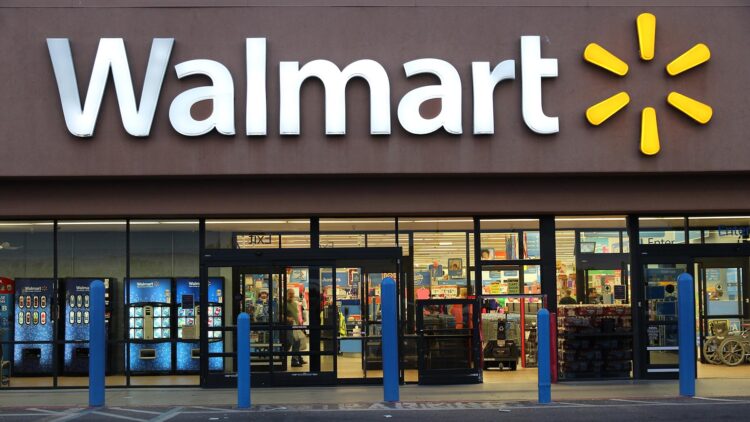When it comes to the salary you can earn working at Walmart, no one would ever imagine a figure of $620,000 per year. However, this is the salary that the retail giant is offering its top-performing managers. This is not an act of charitable generosity on the part of the company, but rather a masterstroke by HR. There is nothing more beneficial and productive than managers who are very happy with their jobs.
In the current economic climate, many would think that a company as fierce as Walmart would be stingy when it comes to distributing salaries among its key employees. However, Walmart U.S. CEO John Furner summed it up perfectly: “What we did last year was make managers feel like owners.”
Investing in High-Octane Leadership
Walmart is a corporation valued at no less than US$800 billion. It is number one on the Fortune 500 list, so this move caught the attention of many economic newspapers. The company decided to significantly increase the total compensation package for its highest-performing market managers.
This group is not made up of single-store managers, but rather regional supervisors who manage a cluster of about a dozen stores. If managing a single Walmart already seems like a titanic task—the level of logistics involved in this company is unprecedented and unmatched even by FEMA itself—we can imagine the level of responsibility involved in supervising 12 Walmart stores. Considering the thousands of Walmarts in the country, approximately 440 of these market managers are the beneficiaries of the new scheme.
The salary used to be good, but now it has skyrocketed. Last year, a Market Manager could earn up to $420,000. This year, the total compensation package has skyrocketed to $620,000. This lucrative package breaks down into three main elements:
the minimum base salary, which went from $130,000 to $160,000. Stock grants, around $100,000 in the new package. And the potential annual bonus is now 100% of the base salary. Previously, it was 90%. Above all, Walmart wants to reduce high staff turnover and address the shortage of managers that has plagued them since the pandemic. Market managers are very difficult to replace, and very few employees are capable of handling such a heavy workload and responsibility. That is why Walmart has decided to pamper them and incentivize them to stay with the company. Meanwhile, consumers will benefit from shopping at stores where managers have so many incentives to make sure everything runs smoothly.
Profitability at Walmart
The thing is, Walmart is not going to give away more than half a million dollars. Market managers will only achieve that 100% bonus if the group of stores they supervise meets —or exceeds— the profitability and sales targets set for them. That is why market managers must transform the operation of dozens of stores into a high-performance financial engine.
As a result, these managers cease to be managers and begin to feel like true owners of the establishments. They seek efficiency and control losses, the secret recipe for maintaining profitability. This is a performance system that rewards the generation of tangible benefits.
But it is not only market managers who have received a pay rise. Store managers—who are the next level down—also received a pay rise: they now earn an average of $128,000 USD. In addition, these customers’ bonuses can be up to 200% of their base salary, which is a strong incentive for individual profitability in their store.
The Leadership of John Furner
John Furner became CEO of Walmart US in 2019. He barely had time to settle in before he was hit with the pandemic. His work is characterized by investment in talent and aggressive modernization of technology brands. One of the most interesting features is that he has focused on eliminating synthetic dyes and more than 30 ingredients from Walmart’s private brands (Great Value, Marketside, etc.).

